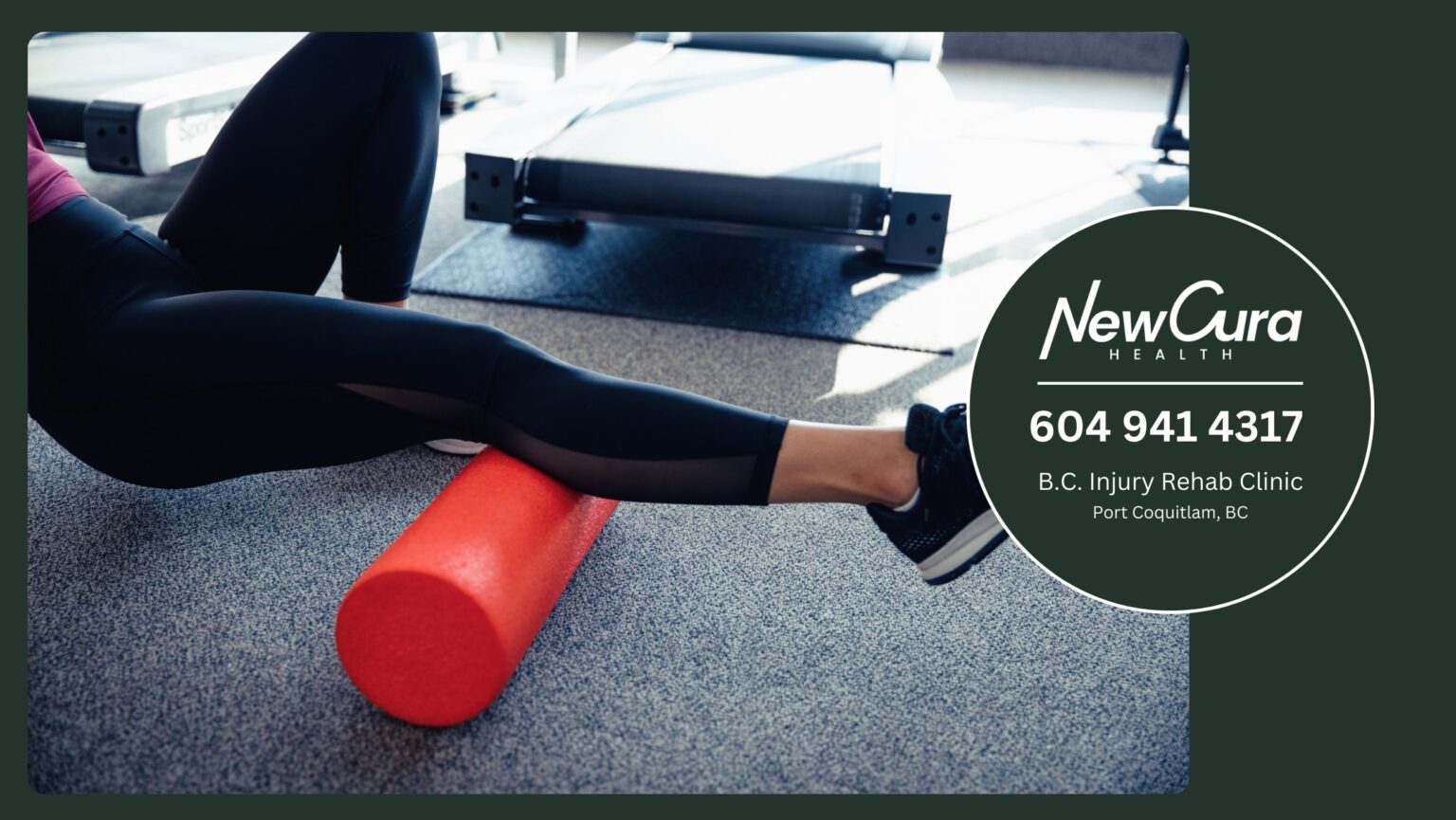Workplace injuries can be debilitating, affecting not just employees’ health but also productivity and business operations. While certain risks are unavoidable, there are proactive steps you can take to reduce the chance of injury. At NewCura Health, we believe that prevention is the key to promoting long-term wellness. Our team of physiotherapists, chiropractors, and other health experts have compiled the best tips for preventing workplace injuries, so you can stay safe and healthy.
1. Prioritize Ergonomics
One of the leading causes of workplace injuries is poor ergonomics. Whether you spend your day at a desk, in a warehouse, or in construction, how you position your body plays a significant role in your risk of injury.
Ergonomically correct workspaces and behaviors can prevent a range of issues, including back pain, carpal tunnel syndrome, and neck strain. Here are some ergonomic tips:
- Desk Work: Adjust your chair height so that your feet are flat on the floor, your knees are at a 90-degree angle, and your monitor is at eye level. Your keyboard should be positioned to allow your arms to rest comfortably at your sides.
- Manual Labor: Use lifting techniques that protect your back, such as bending at the knees and lifting with your legs, not your back. Avoid twisting motions while lifting heavy objects.
- Standing or Walking: For workers who are on their feet all day, try to wear supportive shoes and alternate between sitting and standing when possible to reduce strain on your lower body.
2. Stay Active with Regular Exercise
Physical activity plays a vital role in preventing workplace injuries. Strengthening the muscles and joints that are most at risk can provide added support and resilience. Additionally, regular exercise improves flexibility, reduces stress, and increases overall physical health.
At NewCura Health, we recommend a combination of strength training, stretching, and aerobic exercises to support muscle and joint health. Simple exercises such as stretches for the back, shoulders, and wrists can go a long way in preventing common workplace injuries.
- Strengthening: Focus on exercises that target the core, back, and legs to improve posture and reduce strain.
- Stretching: Stretching before and after work can help keep muscles flexible and reduce the risk of sprains or strains.
- Cardio: Regular cardiovascular exercises like walking, cycling, or swimming increase overall fitness and circulation, keeping muscles in top shape.
3. Take Frequent Breaks
Long hours of sitting or standing without breaks can lead to fatigue, muscle tension, and injury. Whether you’re working at a desk or in a more active job, it’s essential to take regular breaks throughout the day.
- Desk Workers: Stand up, walk around, and stretch at least once every hour to relieve tension and reduce the risk of repetitive strain injuries.
- Manual Laborers: Take short breaks to rest your muscles, especially if you’re engaged in repetitive tasks or heavy lifting.
Breaks help improve circulation, reduce mental fatigue, and give your body the rest it needs to avoid overuse injuries.
4. Use Proper Tools and Equipment
Using the right equipment for the job is crucial to injury prevention. Inadequate tools or improperly maintained equipment can cause undue strain and lead to injury.
- Ergonomic Tools: Use tools designed to reduce strain on the body, such as cushioned grips or adjustable-height workstations.
- Protective Gear: Depending on the job, ensure that you are wearing the appropriate protective gear—this may include helmets, gloves, back supports, or safety shoes. Ensure that protective equipment is in good condition and fits properly.
- Maintenance: Regularly inspect and maintain equipment to ensure it functions properly and safely.
5. Maintain Mental Health and Stress Management
Stress and mental fatigue can increase the risk of physical injury. When you’re stressed or mentally drained, your attention and focus can slip, making you more prone to accidents or injuries. Additionally, stress can contribute to muscle tension and discomfort, leading to conditions like tension headaches or back pain.
At NewCura Health, we encourage stress management techniques such as:
- Mindfulness Meditation: Practicing mindfulness helps improve focus, calm the mind, and reduce the physical effects of stress.
- Breathing Exercises: Deep breathing exercises can reduce tension and help you stay grounded in stressful situations.
- Relaxation Techniques: Taking time to relax and unwind after work can help your body and mind recover from the demands of the day.
6. Listen to Your Body and Report Injuries Early
Paying attention to your body’s signals is one of the best ways to prevent workplace injuries. Early signs of discomfort or pain should not be ignored, as they could be indicative of a more serious problem developing.
If you feel any discomfort, whether it’s a slight ache or muscle tightness, address it right away. Applying ice or heat, using supportive devices like braces, and adjusting your posture can often help alleviate symptoms early. If symptoms persist, don’t hesitate to seek professional care from a physiotherapist, chiropractor, or other healthcare providers. Early treatment can prevent a minor issue from turning into a chronic injury.


